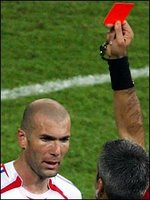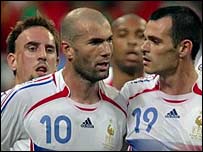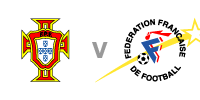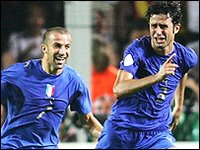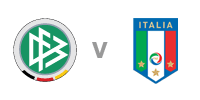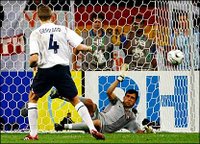Uncle Travelling Almanac
TSA regrets to announce that updates will be less regular over the next six weeks or so, as we will be taking off to South America for a bit of wander in that time. Obviously you'll agree that the break is well-earned after all that hard work at the World Cup, and hopefully will mean we come back all refreshed and ready to get back for more sporting blather in early September.
I will attempt to update the blog from South America (Chile, Argentina and Brazil) every now and again to keep anyone who is remotely bothered appraised of the trip.
On the sporting front, hopefully in my absence the following will occur: good, exciting and, most of all, open championships in hurling and football - more likely in the former than the latter, of course; someone from these islands winning a golf major at last when the British Open is played at Hoylake this month; the good football supporting public not to have to put up with too many interminable transfer sagas, a vain hope already, it seems, as the Christiano Ronaldo affair gathers stultifying momentum; the post-Lance Armstrong era in the Tour de France to see a tight, closely fought battle over the mountains to decide the new champion; a battle of the generations royale to ensue between Fernando Alonso and Michael Schumacher; and, in the opening weeks of the Premiership season, none of the other challengers to slip up early on and give Chelsea an easy head start - one which, with Ballack and Shevchenko on board, they really don't need anyway.
Oh, and Cork City for the Champions League....
I will attempt to update the blog from South America (Chile, Argentina and Brazil) every now and again to keep anyone who is remotely bothered appraised of the trip.
On the sporting front, hopefully in my absence the following will occur: good, exciting and, most of all, open championships in hurling and football - more likely in the former than the latter, of course; someone from these islands winning a golf major at last when the British Open is played at Hoylake this month; the good football supporting public not to have to put up with too many interminable transfer sagas, a vain hope already, it seems, as the Christiano Ronaldo affair gathers stultifying momentum; the post-Lance Armstrong era in the Tour de France to see a tight, closely fought battle over the mountains to decide the new champion; a battle of the generations royale to ensue between Fernando Alonso and Michael Schumacher; and, in the opening weeks of the Premiership season, none of the other challengers to slip up early on and give Chelsea an easy head start - one which, with Ballack and Shevchenko on board, they really don't need anyway.
Oh, and Cork City for the Champions League....
....Read more!
